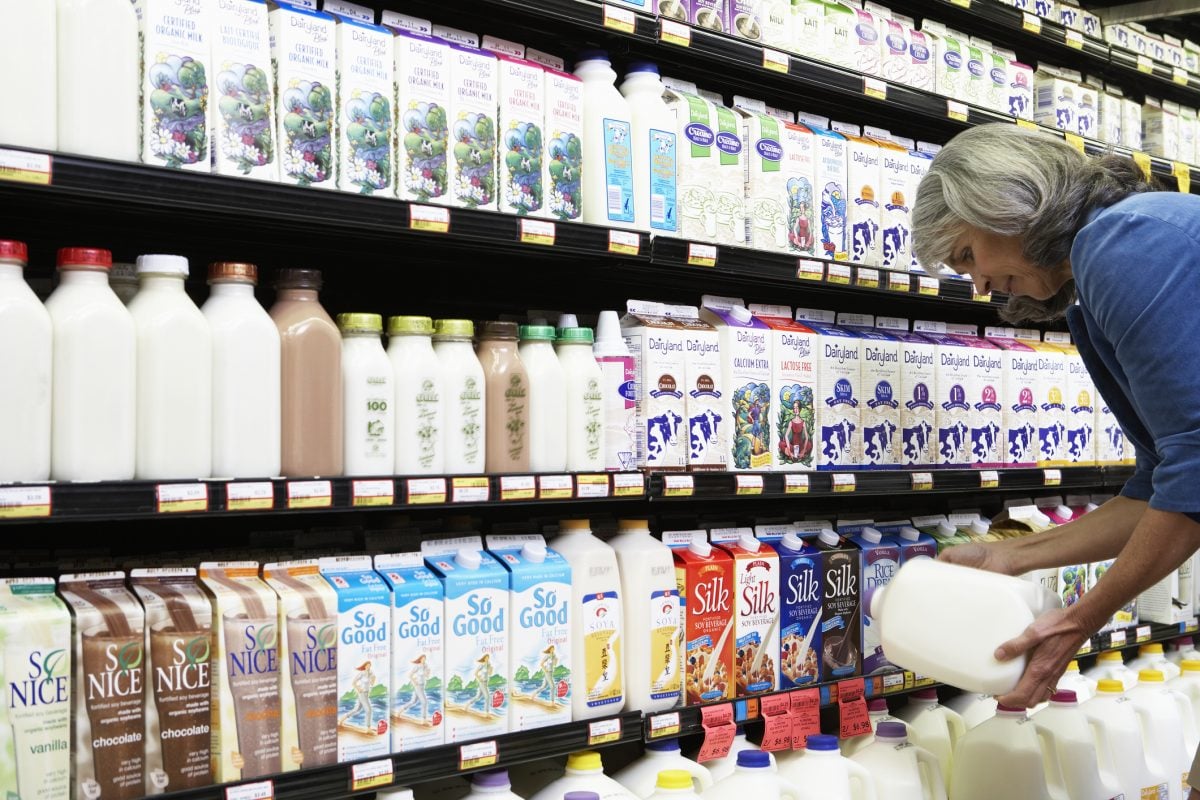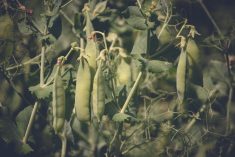The idea of loosening interprovincial trade in certain foods made by provincially-inspected processors will get a major test in one of Canada’s very few province-crossing municipalities.
The Saskatchewan, Alberta and federal governments on Jan. 19 announced the start of a two-year pilot project within the limits of Lloydminster, a city of over 31,000 people straddling the two provinces’ shared border.
In Canada, commercial movement of food across a provincial border is normally allowed only when a business producing such food holds a valid federal licence. Each province has constitutional responsibilities for local commerce, and thus may have different inspection requirements for any food that’s produced for sale strictly within that province.
Read Also

Trade tensions boosted confidence in Canadian food system, report shows
U.S. tariff threats have boosted Canadians’ view of the nation’s food system according to the 2025 public trust report from the Canadian Centre for Food Integrity. Trust in Canadian farmers remains high but has been eclipsed by trust in scientists.
So until now, if a bakery somewhere in Saskatchewan was to supply products to be sold at a restaurant on the Alberta side of Lloydminster, it would first have to meet federal requirements under the Safe Food for Canadians Regulations and be licensed by the Canadian Food Inspection Agency (CFIA).
As of Jan. 19, under the pilot program to be administered by the Lloydminster Chamber of Commerce, participating provincially-licensed food businesses may trade into all of Lloydminster — including the part that’s not in their own province.
The pilot would not, however, allow those participating businesses to ship food anywhere else in the neighbouring province outside the Lloydminster city limits.
Put another way, a Saskatchewan government spokesperson said, the goal of the pilot “is for safe food to move into and within the city as if there was no provincial border.”
Businesses eligible to apply for the pilot and sell anywhere within Lloydminster would include:
- food facilities under Alberta jurisdiction permitted by Alberta Health Services;
- slaughter and/or processed meat facilities in Alberta that meet regulatory requirements for legal sale in Alberta;
- food facilities under Saskatchewan jurisdiction licensed by the Saskatchewan Health Authority (SHA) or defined as a food facility in that province’s Food Safety Regulations;
- slaughter and/or processed meat facilities in Saskatchewan that meet regulatory requirements for legal sale in Saskatchewan; and
- certain food businesses in either Alberta or Saskatchewan that “conduct activities” on fresh fruits or vegetables — for example, minimal processing, grading, and packaging/labelling — even when a provincial licence or permit is not required.
Examples of businesses not eligible to take part in the pilot would include Alberta food businesses without a valid license; home-based food processors not subject to routine inspection; Saskatchewan businesses with probationary provincial licenses; on-farm slaughter operations in Alberta; and makers of “any meat product produced with no regulatory oversight.”
Any CFIA-inspected businesses holding valid federal Safe Food for Canadians licenses are “not impacted” by the pilot, the city said.
The outcome of the pilot is meant to inform a future package of amendments to the Safe Food for Canadians Regulations that would address Lloydminster’s “unique situation.”
(The only other Canadian city in such a situation is Flin Flon, which straddles the Manitoba/Saskatchewan border.)
CFIA on Jan. 16 posted a notice of intent to make such amendments at a later date. The Lloydminster pilot is to operate until Jan. 19, 2025 or until the CFIA’s proposed amendments take effect, whichever comes first.
The SHA already provides food inspection oversight within all of Lloydminster, including the Alberta side of the city, and “will continue to carry out its responsibility” for that work during the pilot period, a provincial spokesperson said via email.
Also, CFIA “will continue to work with the SHA on food complaints and food safety investigations,” the spokesperson said.
“Lloydminster food businesses have been asking for a solution for their unique issues for years, and this pilot project is an exciting step toward a solution,” Alberta’s Agriculture Minister Nate Horner said Jan. 19 in a release.
“I look forward to seeing how our efforts to reduce red tape on food trade will make life better in Lloydminster and inspire further reductions to interprovincial trade barriers.”
Edmonton MP and federal Tourism Minister Randy Boissonnault in the same release described the cross-border pilot as “another example of how the federal government along with provincial-territorial partners are taking action to improve domestic trade and support economic growth for everyone.”
“Current interprovincial trade restrictions are barriers for many farmers and ranchers who are interested in direct marketing beef across provincial jurisdictions,” Brodie Haugan, a cattle producer at Orion, Alta. and finance chair with Alberta Beef Producers, said in a separate release.
Haugan described the pilot as “an encouraging step in the need to explore solutions to this ongoing challenge.” — Glacier FarmMedia Network













